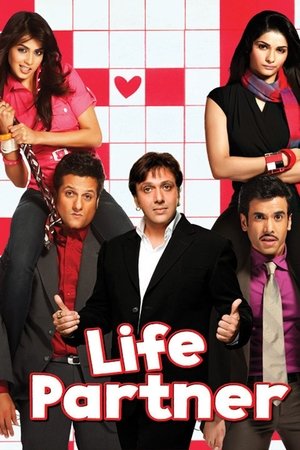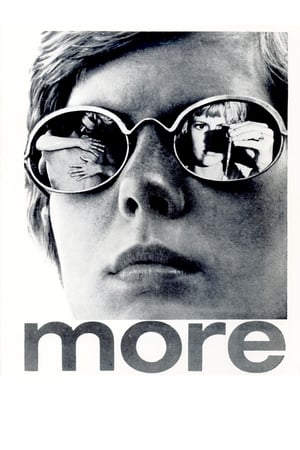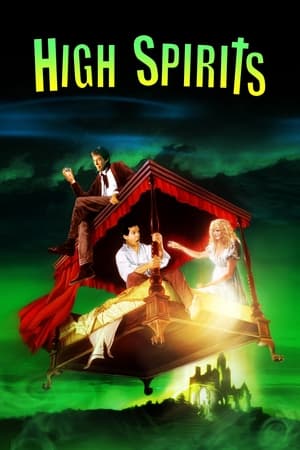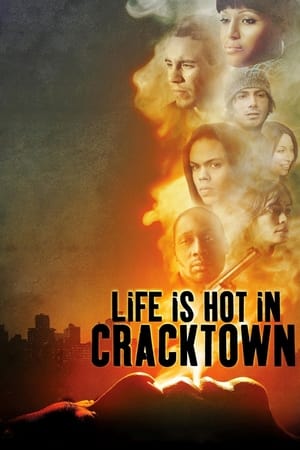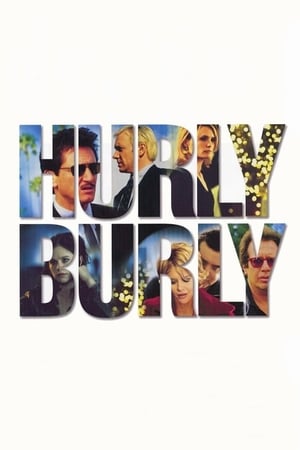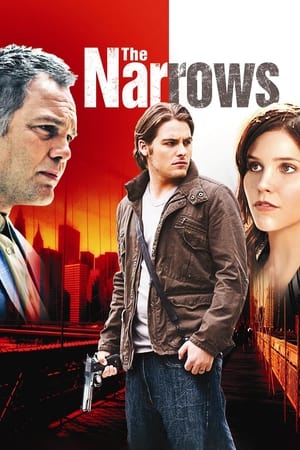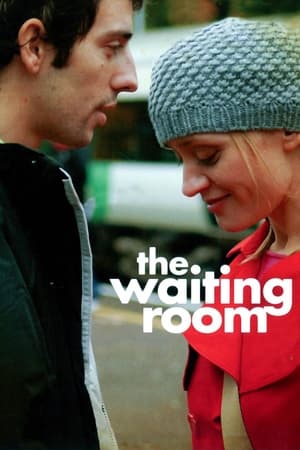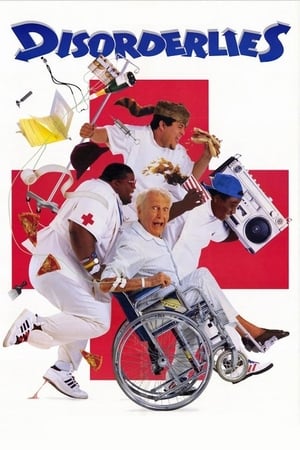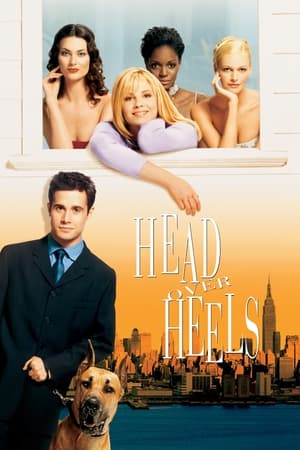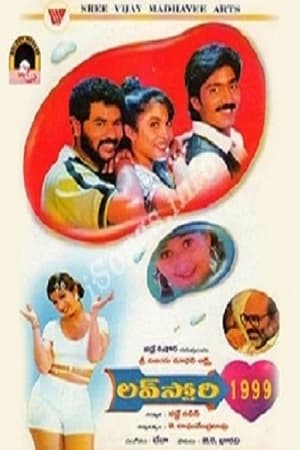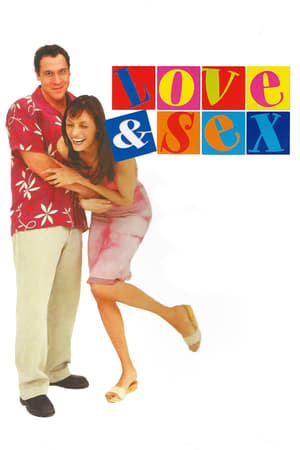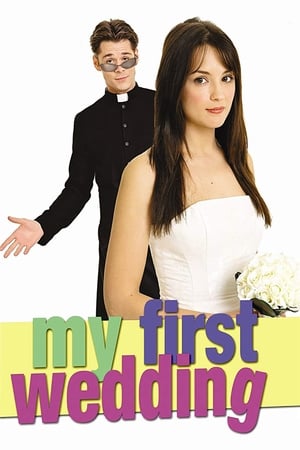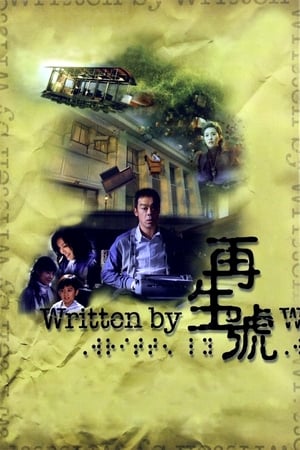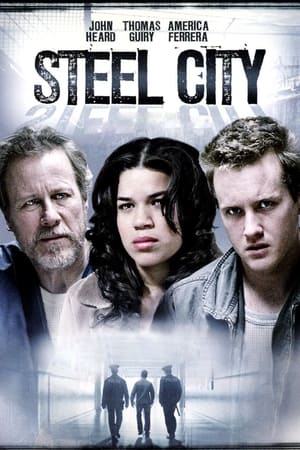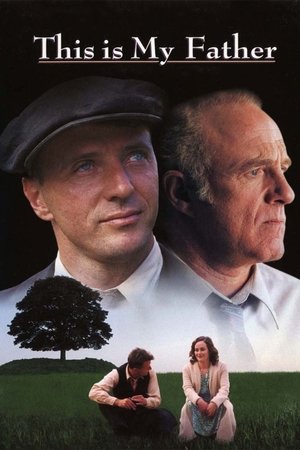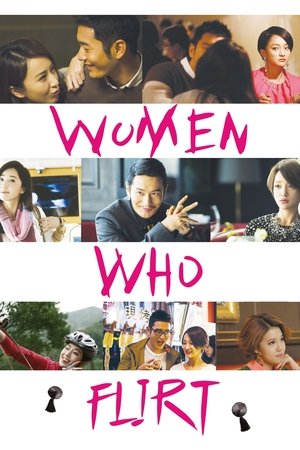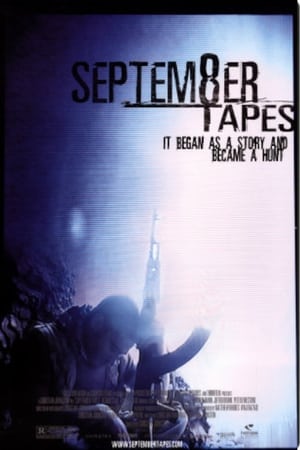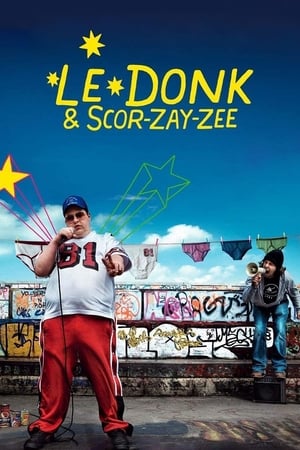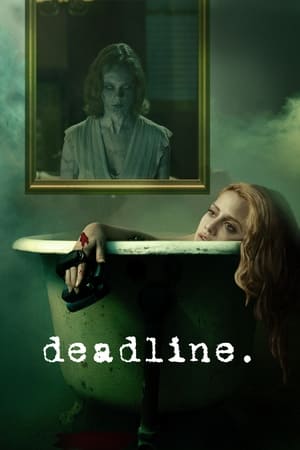Overview
Longing for a baby, a stripper pursues another man in order to make her boyfriend jealous.
Reviews
Jean Luc Godard と Anna Karina のおのろけ映画って言われちゃうくらい、funnyでcute、charmingな映画。
Godardお馴染みの引用シーンで大好きなものが1つ。Alfred de Mussetの格言劇 「戯れに恋はすまじ」の科白をAnna Karinaが。
> " 男はみんな嘘つきで、浮気で、見下げはてたものであり情感の奴隷だ。女はすべて裏切り者で、滑稽で、物見高くて性根が腐っている。人は恋愛ではいくたびとなく欺かれ、傷つけられ、不幸になる。しかし人は愛するのだ。そして自分の墓穴のふちまで来た時、こしかたを振り返り独り言を言うのだ、わたしは度々苦しんだ、時には考え違いもした、しかしわたしは愛した。"
I believe that all the girls would love this movie ♡
Jean-Luc Godard's first two films (À bout de souffle and Le petit soldat) were thrillers that drew inspiration from American noir, but Une femme est une femme (A Woman is a Woman, 1961) shifts gears drastically to a riff on American musical comedies, with the characters occasionally singing and dancing, and the camera jumping between realistic depictions and these musical interludes. But as one of the seminal figures of the French New Wave with its desire to shake up conventions, Godard added some elements of his own. As the film opens, the soundtrack keeps cutting abruptly in and out, an aural equivalent of the unsettling jump cuts with which he started his career. There are allusions to his earlier films and to his New Wave peers, and just a touch of sarcastic allusions to French political tensions.
The plot is fairly simple: cabaret dancer Angela (Anna Karina), who is clearly not looking to buck any traditional sex roles in an age of dawning feminism, wants a baby. Unable to get it from her partner Émile (Jean-Claude Brialy), she gradually welcomes the advances of Émile's best friend Alfred (Jean-Paul Belmondo). The way in which this triangle ultimately works out is a little surprising considering that it was made in 1961. The most appropriate adjective overall for this film is "cute". The characters spend a lot of time bickering, but always with witty ripostes. Karina here is not yet the great actress of later roles, and Godard uses her instead as essentially a Barbie doll (nice to look at, not much there), but it works well enough for this particular story. The film was shot with no fixed script, and while it's not a free-for-all, there are clearly improvisational elements here that only add to the film's charm, such as the characters' encounters with everyday Parisians in street scenes.
Jean-Luc Godard's first two films (À bout de souffle and Le petit soldat) were thrillers that drew inspiration from American noir, but Une femme est une femme (A Woman is a Woman, 1961) shifts gears drastically to a riff on American musical comedies, with the characters occasionally singing and dancing, and the camera jumping between realistic depictions and these musical interludes. But as one of the seminal figures of the French New Wave with its desire to shake up conventions, Godard added some elements of his own. As the film opens, the soundtrack keeps cutting abruptly in and out, an aural equivalent of the unsettling jump cuts with which he started his career. There are allusions to his earlier films and to his New Wave peers, and just a touch of sarcastic allusions to French political tensions.
The plot is fairly simple: cabaret dancer Angela (Anna Karina), who is clearly not looking to buck any traditional sex roles in an age of dawning feminism, wants a baby. Unable to get it from her partner Émile (Jean-Claude Brialy), she gradually welcomes the advances of Émile's best friend Alfred (Jean-Paul Belmondo). The way in which this triangle ultimately works out is a little surprising considering that it was made in 1961. The most appropriate adjective overall for this film is "cute". The characters spend a lot of time bickering, but always with witty ripostes. Karina here is not yet the great actress of later roles, and Godard uses her instead as essentially a Barbie doll (nice to look at, not much there), but it works well enough for this particular story. The film was shot with no fixed script, and while it's not a free-for-all, there are clearly improvisational elements here that only add to the film's charm, such as the characters' encounters with everyday Parisians in street scenes.
Anna Karina is good in this quite entertainingly daft romantic caper. She is exotic dancer "Angela", happily living with "Émile" (Jean-Claude Brialy) but there's one big snag - she wants to start a family whilst he would sooner just ride his bike. "Émile" is nothing if not considerate, though, so suggests that maybe she do the deed with his best pal "Alfred" (Jean-Paul Belmondo) and that way everyone is happy. It's fair to say that he hasn't exactly discussed this scenario with his friend at the time of suggestion, either! Anyway, for the next hour or so, Jean-Luc Godard takes us on quite a merry dance that at times is a little "Carry-On" in style. Aided by a jolly and mischievous score from Michel Legrand, we soon find ourselves amidst a trio where misunderstandings, jealousy and lots of Charles Aznavour start to feature prominently. It's not exactly hilarious, this - but there's lots going on between the three characters and (even translated) the dialogue is quite refreshingly candid about matters of the heart - there's precious little sentiment for us to get bogged down with here. I'm also sure that I spotted Jeanne Moreau supping a Dubonnet in a bar here, and that's never a bad thing either. It's maybe not a film that's so memorable, but for ninety minutes it certainly entertains amiably enough.

 83 min
83 min
 7.324
7.324
 1961
1961
 France
France
 anna cruz wrote:
anna cruz wrote: